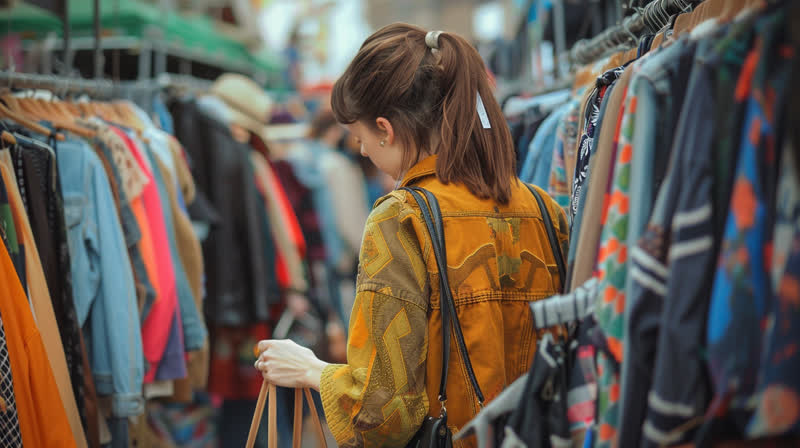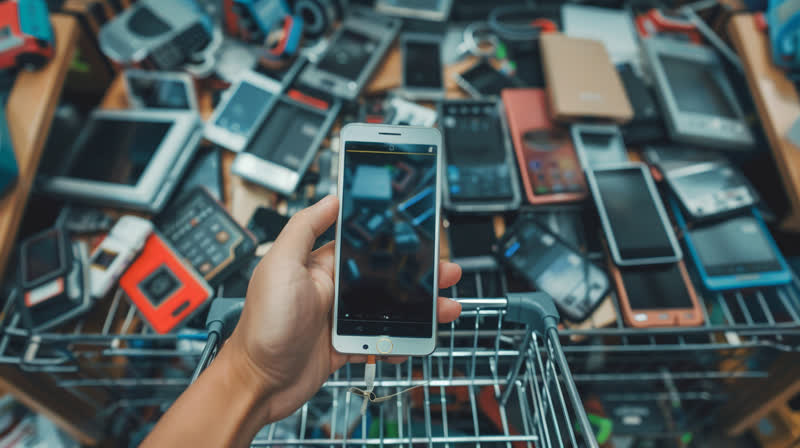Buying second-hand items can be a great way to save money and reduce waste. Whether you're shopping at a thrift store, online marketplace, or garage sale, there are some essential tips to keep in mind to ensure you get the best deals and avoid potential pitfalls. Here are our top tips for buying second-hand items:
1. Inspect Before You Buy
When buying second-hand, it's crucial to inspect the item carefully before making a purchase. Check for any signs of damage, wear, or needed repairs. This is especially important for items like electronics, furniture, and clothing.
2. Research the Item
Do your research on the item you're interested in buying. Check online marketplaces, review websites, and forums to get an idea of the item's value and any potential issues. This will help you make an informed decision and avoid overpaying.
3. Know the Return Policy
Before making a purchase, make sure you understand the return policy of the seller or store. This is especially important if you're buying online, as you may need to return an item that doesn't fit or meet your expectations.
4. Negotiate the Price
When buying second-hand, it's often possible to negotiate the price. Don't be afraid to make an offer or ask if the seller is willing to lower the price. This can be especially effective at garage sales or flea markets.
5. Consider the Condition
When buying second-hand, the condition of the item is crucial. Be realistic about the item's condition and whether it's worth the price. Consider the cost of any repairs or maintenance that may be needed.
6. Check for Authenticity
When buying second-hand, it's essential to ensure the item is authentic. Check for any signs of counterfeiting, and research the seller to ensure they are reputable.
7. Keep Safety in Mind
When buying second-hand, safety should be a top priority. Avoid buying items that could be hazardous, such as recalled products or items with broken or damaged parts.
8. Clean and Disinfect
When buying second-hand, it's essential to clean and disinfect the item before using it. This is especially important for items like clothing, toys, and furniture.
9. Consider the Environmental Impact
Buying second-hand is a great way to reduce waste and minimize your environmental impact. Consider the item's history and whether it's been sustainably sourced.
10. Have Fun!
Buying second-hand can be a fun and rewarding experience. Enjoy the thrill of the hunt, and don't be afraid to try new things.







